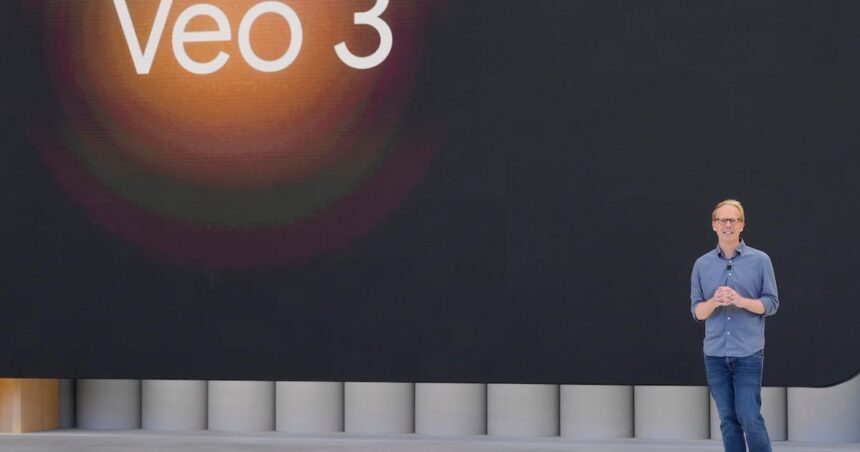In a dazzling yet disconcerting demonstration of technological prowess, Google’s latest AI video generator has ignited both widespread amazement and serious ethical concerns across the tech landscape. The system, unveiled earlier this week at Google’s annual developer conference, can transform simple text prompts into stunning, photorealistic video clips that are increasingly difficult to distinguish from footage captured by human filmmakers.
“We’re witnessing a fundamental shift in content creation capabilities,” said Dr. Eliza Thornton, digital ethics researcher at the University of Toronto. “These tools are simultaneously revolutionary and deeply troubling in their implications.”
The new AI model represents a significant leap beyond previous text-to-video generators, with remarkably smooth motion, consistent characters, and logical scene progression. In demonstrations, the system created everything from fantastical scenes of astronauts riding dinosaurs to mundane but perfectly rendered clips of people walking through city streets – all generated entirely from text descriptions.
Social media platforms have exploded with reactions to the technology. Sample videos released by Google have garnered millions of views, with users expressing both awe at the technical achievement and alarm at the potential misuses. One particularly viral clip showing a photorealistic “historical footage” of ancient Rome – completely fabricated by the AI – has sparked intense discussions about the future of visual authentication.
“The democratization of professional-grade video creation will unleash unprecedented creative potential,” noted filmmaker Jordan Chen in a widely-shared post on X (formerly Twitter). “But we’re wholly unprepared for the tsunami of synthetic media about to hit society.”
Google executives have emphasized the extensive ethical guardrails built into the system, including watermarking technology that embeds invisible markers in all AI-generated content. However, experts from CO24 Politics have raised concerns about whether such safeguards will remain effective as the technology evolves and potentially gets reverse-engineered.
The financial implications are equally significant. Analysts from CO24 Business project the technology could disrupt multiple industries simultaneously – from traditional filmmaking and advertising to news production. Stock prices for companies involved in video production dipped noticeably following Google’s announcement.
Canadian regulators are already considering how this technology fits within existing media and election integrity frameworks. “We’re in active discussions with international partners about establishing common standards for AI-generated media,” confirmed a spokesperson from Canada’s Ministry of Innovation, Science and Economic Development when contacted by CO24 News.
The most profound concerns center on misinformation and deepfakes. With provincial elections approaching in Ontario and Quebec, the timing of this technological breakthrough has heightened anxieties about potential electoral interference.
“The gap between seeing and believing has effectively collapsed,” warned Dr. Thornton. “We’re entering an era where visual evidence – historically our most trusted form of documentation – requires the same skepticism we now apply to text.”
As this technology inevitably becomes more accessible, the fundamental question remains: can our information ecosystem, already struggling with misinformation, adapt quickly enough to a world where seeing can no longer be believing? Or are we witnessing the dawn of a post-visual truth society where the very concept of recorded evidence becomes fundamentally unstable?










